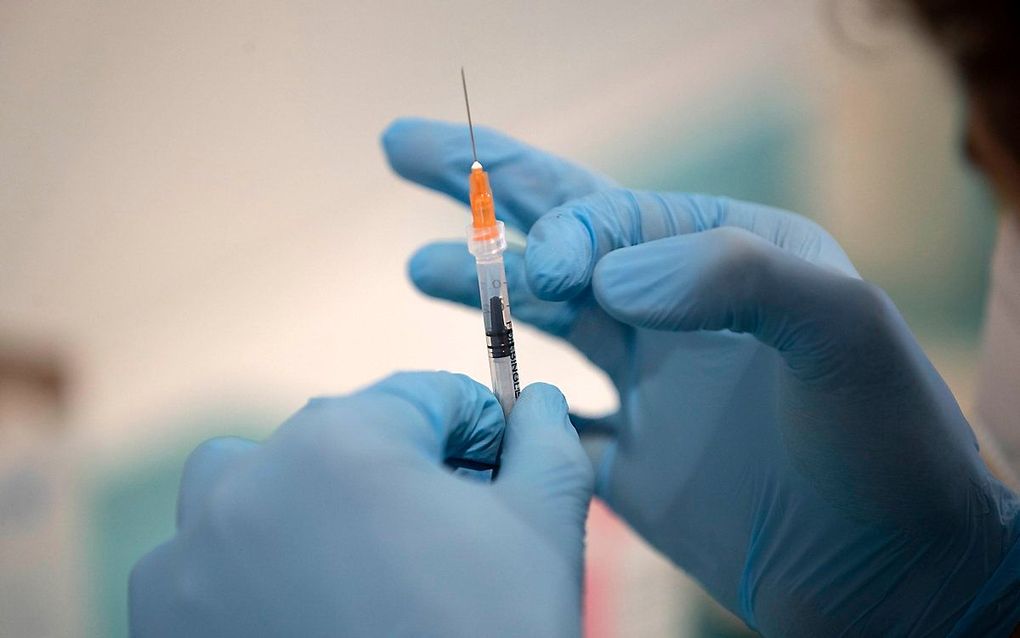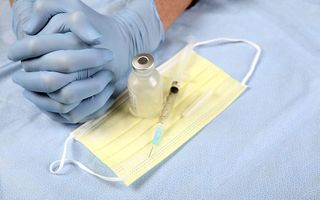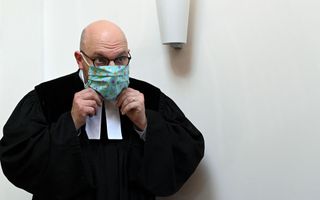Dutch government tries to push vaccination in Bible Belt
The Dutch Ministry of Health plans to boost the enthusiasm for corona vaccination in the so-called Bible Belt.

“This has top priority for minister De Jonge,” says his spokesperson in the Dutch Reformatorisch Dagblad. But she can’t say anything about concrete steps yet. “We won’t say to these people: this is how it is, and you have to do it. We really want to talk to them.”
Preferably, the ministry works together with local municipalities and safety regions. “Our people who live and work in Staphorst know better.” Such an approach is also already taking place in disadvantaged neighbourhoods, where vaccination coverage is low also.
The Dutch Bible Belt is a region with many Calvinist Christians. The Bible Belt stretches from the southwest to the northeast. Traditionally many of them are very reserved towards vaccination since they see this as contrary to the Reformed understanding of the Divine providence.
Few concrete plans
Regional Public Health Centres still have few concrete plans to reach orthodox Christians in the Bible Belt. The health centres in the Flevoland province will be opening a vaccination location in Urk next week, which should lower the threshold for residents to get vaccinated. The traditional fishing place Urk has the lowest vaccination rate in the Netherlands. Between 20 and 39 per cent of the over-65’s responded to the call to be vaccinated against corona. The national average is at least 87 per cent.
To make it as easy as possible for the people of Urk, they will be able to go to a vaccination location in their hometown next week. “The municipality hopes that its residents will use this facility,” says a spokesperson from the health centre in Flevoland.
The health service works together with the municipality of Urk to improve the willingness for vaccination. “Through information, we try to explain to people why it’s important to be vaccinated. Ultimately, it’s a free choice for people to get vaccinated.”
Not very concerned
In other municipalities where a high percentage of conservative Christians live, the enthusiasm for a shot also lags behind. Neder-Betuwe, Staphorst and Reimerswaal for example.

The health department in the Zeeland province is not yet very concerned about the figures. A spokesperson points out that in the age group 70- to 79-year-olds, 77 per cent turned up in Reimerswaal and 79 per cent in Tholen. And that is still above the 75 per cent that the RIVM says is needed for good protection. “Those in their seventies are a good indicator because that group has had ample opportunity to be vaccinated.”
Although Zeeland’s health service is discussing with municipalities how to boost vaccination willingness, it won’t be easy. “People choose that from their religious beliefs, and you don’t have much influence on that,” says the spokesperson. “Vaccination is voluntary.”
Info in local newspapers
The health care region Southern Gelderland, to which Neder-Betuwe belongs, states that the vaccination level in that municipality is already structurally low. “We are looking at what we can achieve with communication, for example, in local newspapers,” says a spokesperson. There are no concrete plans yet.
The region IJsselland is also waiting to see how the vaccination rate in Staphorst develops in the coming weeks when it’s the turn of younger groups to get the shot. “It’s too early to say what we can do. But we will keep an eye on it.”

